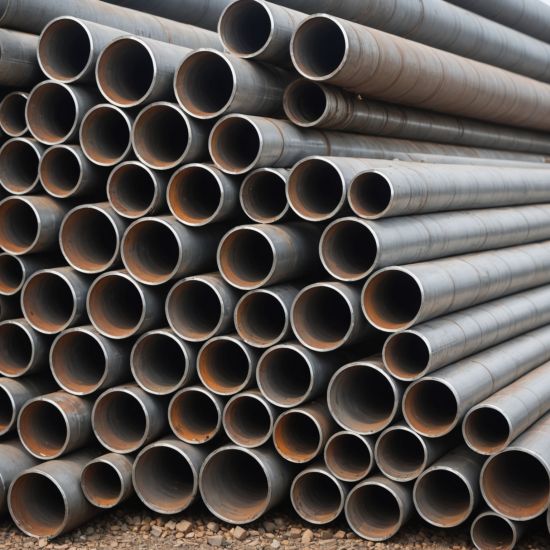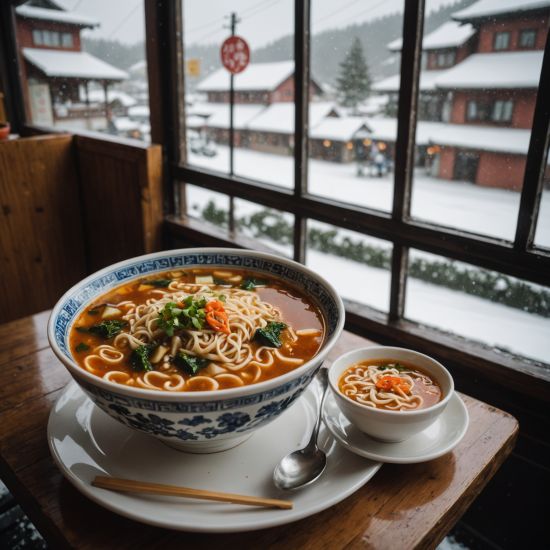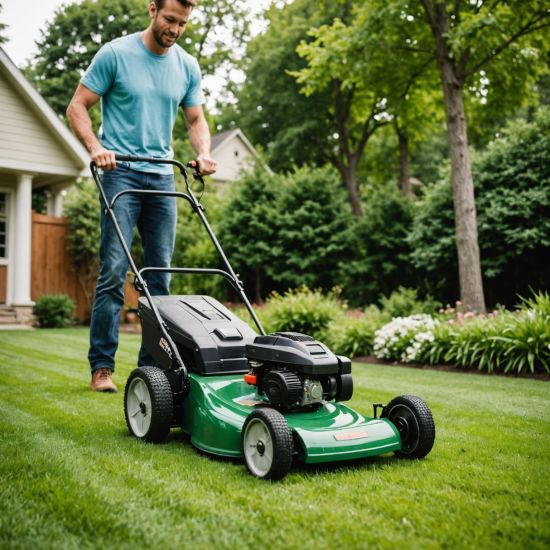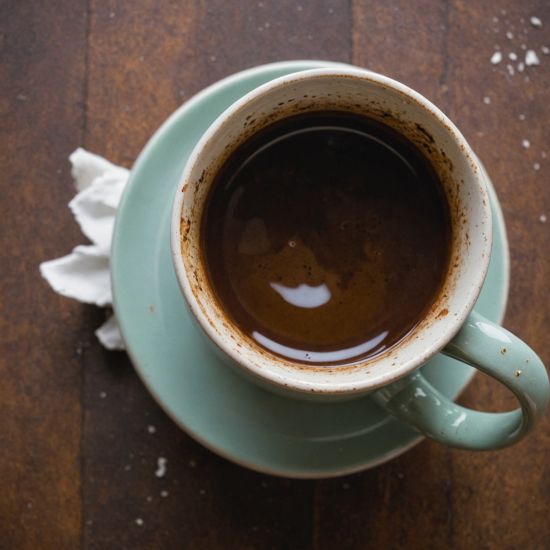Metals That Don't Rust: Why and How

Rust is a common problem. It's iron's reaction with oxygen and water. Many metals resist this. Let's explore why.
TLDR - A Quick Summary
- Rust is iron's oxidation.
- Noble metals resist corrosion.
- Alloying improves rust resistance.
- Coatings protect against rust.
- Understanding helps material choice.
Why Some Metals Don't Rust
Iron rusts easily. Other metals don't. This is due to their chemical properties. "Noble metals" like gold, platinum, and silver are very unreactive. They don't readily lose electrons. This prevents oxidation and rust. Aluminum forms a protective oxide layer. This layer stops further oxidation. Stainless steel is an alloy. It contains chromium. Chromium creates a passive layer. This layer prevents rust.
How We Use Rust-Resistant Metals
Humans have used these metals for centuries. Ancient civilizations used gold and silver. Archaeological evidence shows this. Today, stainless steel is everywhere. It's in kitchens, cars, and medical equipment. Aluminum is in airplanes and cans. The choices depend on cost and needed properties.
Misconceptions About Rust
Many believe all metals rust. This is incorrect. Some people think stainless steel never rusts. It can, under harsh conditions. The passive layer can be compromised. Proper care is still important.
The Current State of Rust Prevention
Research continues on new alloys. Scientists are working on even more resistant materials. Coatings are also advancing. New techniques help improve adhesion and durability. These developments are important for various industries.
Understanding why some metals don't rust is crucial. This knowledge helps us choose the right materials. This improves product longevity and safety. From ancient jewelry to modern technology, these metals play a vital role.







